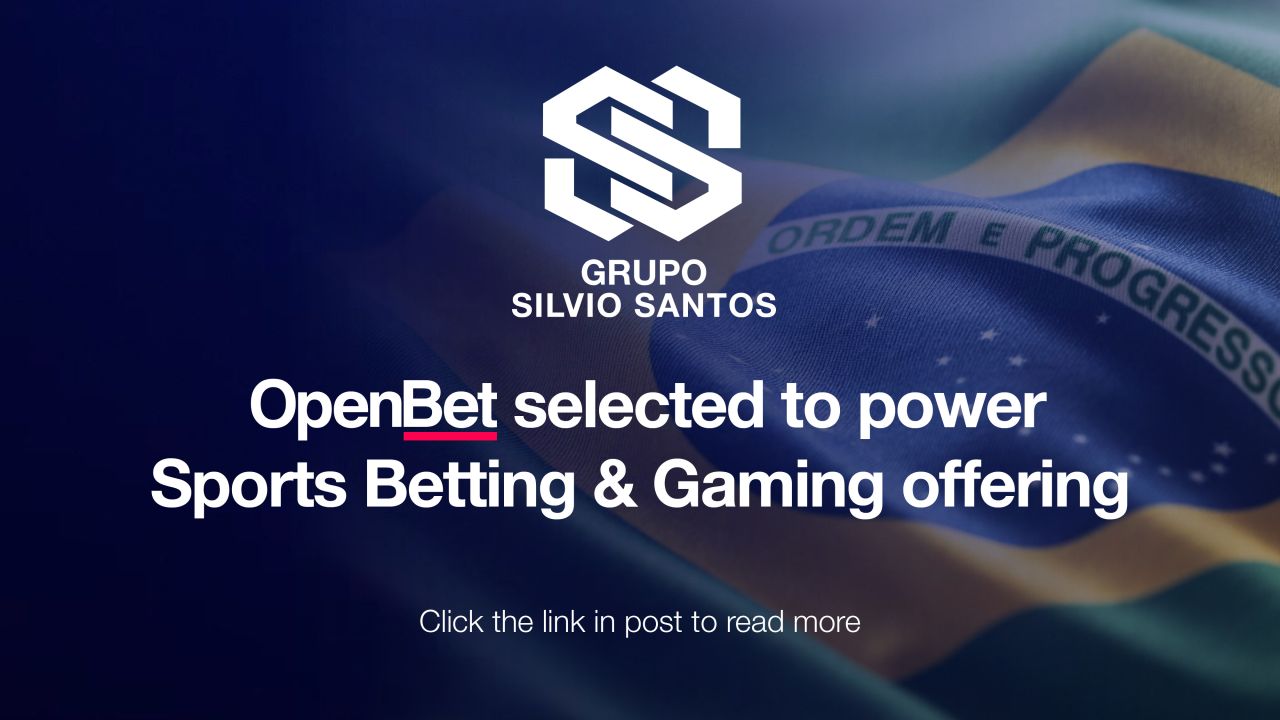
Opening the gateway to new LatAm opportunities
Featuring exclusive industry B2B insight for LatAm from David Camacho, Account Manager for LatAm markets at QTech Games
The QTech Games team is buzzing with excitement for this week’s SBC Summit 2024 at the Feira Internacional de Lisboa & MEO Arena. This highly anticipated event, set in the stunning city of Lisbon, is just around the corner, and we can’t wait to reunite with old friends and make new connections. It’s sure to be an exhilarating experience that we’re eagerly looking forward to.
On the eve of a busy season in the igaming sector, this conference offers a timely forum for reflection on the road ahead – how the industry can provide operators and players with engaging and innovative betting experiences at some high-impact events that will drive revenue for the coming quarters. SBC Summit 2024 offers excellent networking opportunities with senior peers to discuss many of the most current and pressing issues. Whatever you have in mind – the opportunity or the broader picture unfolding worldwide, regulatory challenges, player engagement, retention strategy, acquisition, and bonus alternatives – it is always helpful and often enlightening to exchange ideas on overall plans and specific innovations with other industry leaders so that we can collectively converge on the best way forward and overcome obstacles.
SBC Summit 2024 brings together thousands of attendees across the gaming sector, including casino operators, sportsbooks, leading distributors like QTech Games, developers, bettors, and affiliates. Nearly half of the attending businesses will be represented by C-level executives, making it the perfect place to build on existing collaborations and forge new ones.
As we look at the current trends, it’s evident that the convergence of AI and data collection is reshaping the gaming landscape. The time has come when AI, with its predictive powers and associated marketing tools, aligns with data collection to create more effective personalization modes. With systems that truly understand and know your customer from login, a seamless, personalized experience is now within reach. The rise of high-volume AI systems is set to be a significant battleground in the future as marketing departments strive to create impactful campaigns that can scale.
After all, if intelligence is just a matter of data processing, the gap between the informed reasoning of the regular workforce and the take-off functionality of AI is only increasing by an order of magnitude. At QTech Games, our gaming lobby, known as QT Play, has led the market for years, thanks to its machine-learning capabilities and the countless improvements in player insights and localized game selection that we have been able to distil from one of the most profound data sets of any distributor. This has given our operator partners in emerging markets a constantly sharpened competitive edge over their rivals.
More broadly, LatAm fosters a rapidly evolving ecosystem where no market position can be taken for granted. After all, emerging markets are often highly fragmented by their very nature.
Player habits are also very different. Small bets and big-win scenarios will be popular in all emerging markets, of course, but these types of bets are great for the operator in terms of margin, and there is much more juice in the lemon.
More generally, reliable and fast access to funds (from deposits to withdrawals) is also critical to making your brand the preferred wallet for any customer. Customer trust in any operator really depends on your ability to pay out in a timely manner.
Especially since customers vastly prefer the sportsbook or jackpot model mentioned above, you need to localize your payment methods, often country by country, based on a set of needs. You also need to localize customer support, which is essential for quality management.
For example, fluency in the local language alone would not be a plus; you need the regional varieties and dialects. That is one area where automation can only help you a little. Your site’s user experience has to be familiar, too, so you can’t reinvent the wheel for UX if you want to compete with the leaders in a given territory.
We closely follow other Latin American markets, including Peru, where the regulated market was launched a few months ago. As in Brazil, several well-known international operators were already operating in Peru, but the market is now one of the most thriving territories in the industry. Chile, Argentina, Colombia, and Mexico are also hotspots.
As an innovative and forward-thinking company, we are confident in the potential of the Latin American market. To underscore that commitment, our website is now also available in both Spanish and Portuguese via a simple toggle function, as we bid to service more partners across the Hispanic world.
We know the future of retail demands a hybrid solution which is why we’ve created QTech Hybrid, already soft-launched to immediate positive reviews. We are showcasing this innovative retail solution for emerging markets (like LatAm and Africa) at this week’s SBC Summit 2024 where senior QTech Games delegates are on site if you’d like to enjoy a dedicated demo.
In short, though. QTech Hybrid offers a retail offering that can be transferred to your phone, so that the customer can continue playing after leaving the premises or betting shop. QTech Hybrid allows players to access the full game library of QTech Games, while this retail solution also contains a state-of-the-art Agent Management System. It’s just the latest example of how our wider concerted effort, focusing on LatAm and African markets, is reaping rewards for the end-user experience by seamlessly marrying online and offline. This trademark ingenuity is also another sign of our commitment to under-served regions in developing products that have a high local demand, wherever you set your scene on the map.
This system will be a game-changer, revolutionizing the gaming experience for our partners’ clients, and we are excited to bring it to LatAm as one of the first locations.










